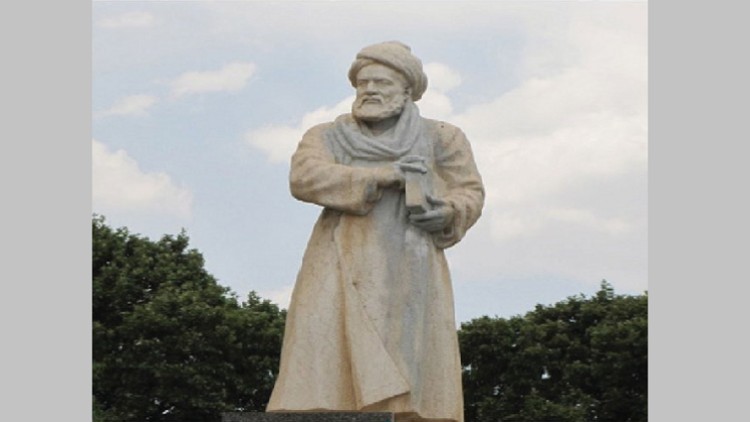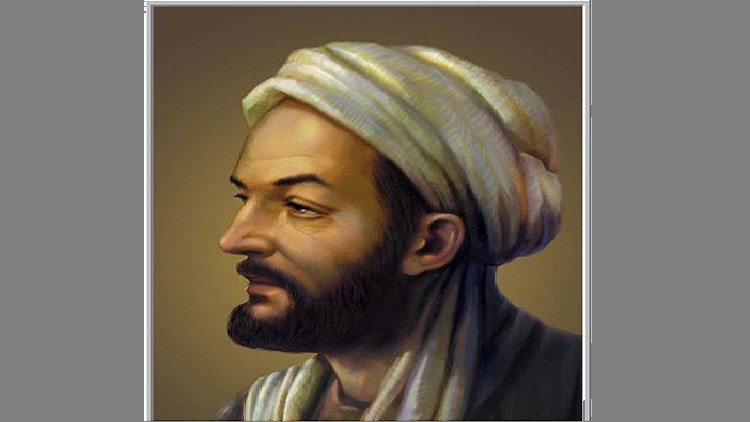
Manjit Thakur / New Delhi
In March last year, many Indians added a new word to their vocabulary – Quarantine. It was when the Covid-19 started spreading across India and the government announced quarantine for those affected by the virus.
Quarantine is considered the best way to stop the spread of the virus or any infectious disease; the lockdown imposed around the world and in India is a collective method of quarantine. The concept behind it is to keep people isolated from each other to stop the infection from spreading. Not many of us know that this method of saving people from infectious disease was discovered by a Muslim scientist Ibn Sina.

In Western countries this medieval Muslim scientist is known as Avicenna. He was born near Bukhara in Afsan in980 AD and died in Hamadan in 1037 AD. His parents were of Iranian descent. His father was the ruler of Kharmate. Ibn Sina initially studied the Quran and literature in Bukhara.
Ibn Sina's full name is Ali al-Hussein bin Abdullah bin al-Hasan bin Ali bin Sina. He was not only a scientist but also a physician, astronomer, mathematician and philosopher.
There are six books on his mathematical work includingRisala al-Jarawiya, Mukhtasar Aqlids, Ala Ratmataki , Mukhtasar Ilm-ul-Hiyy, Mukhtasar Mujasta , Risala Fei Bayan Ala Qayam al-Arz Fei Vastissama (statement of living conditions amidst the sky of the ground).
In fact, Ibn Sina's contribution to the modern medical system, which was adopted and developed in Europe, is very important.
Once Sultan Noah ibn Mansoor of Bukhara fell ill and no physician was able to treat him. Finally, Ibn Sina's medicine helped the Sultan and he recovered. At that time, he was just 18-year-old.

Ibn Sina
After the Sultan recovered he gifted a library to Ibn Sina in Saugat. Ibn Sina has a sharp memory. Using his power of memorizing, he made use of the library and wrote his first book at the age of 21.
Experts believe that Ibn Sina wrote 21 major and 24 smaller books. However, some scholars claim that he composed 99 books.
Ibn Sina was one of the great thinkers of Islam. He has studied the Quran at the age of 10. After studying the Sharia, he qualified in Logic, Mathematics, Geometry and Astrology. Soon, he did self-study in physics and medicine and started his practice while learning Hakimi (Unani medicine).
He wrote voluminous books, mostly in Arabic and a few in Persian. His Kitabul Shafa was published in Tehran in 1313 AD; another one on Hakimi, Alaqunun Feulib Tib was also printed in Tehran in 1284 AD. Kitabulla Shafa is based on Aristotle's ideas. His book incorporates Neo-Aristotilism and Islamic ideas in his book. The book also includes a chapter on music. The 18-volume book was completed in 20 months!
The final extract of Greek and Arabic practitioners is introduced in Alkanun Feulib Tib. One of his famous verses described the soul's descent from the higher world into the human body. InMantik (logic or justice), his best work is Kitabul Ishrat andAlshbihat.
He also wrote his biography that was compiled by his favourite disciple Aljurjani.
Many European countries have issued postage stamps in memory of Ibn Sina. A film The Physician in which Hollywood actor Ben Kingsley played the role of Ibne Sina was released in 2013.
